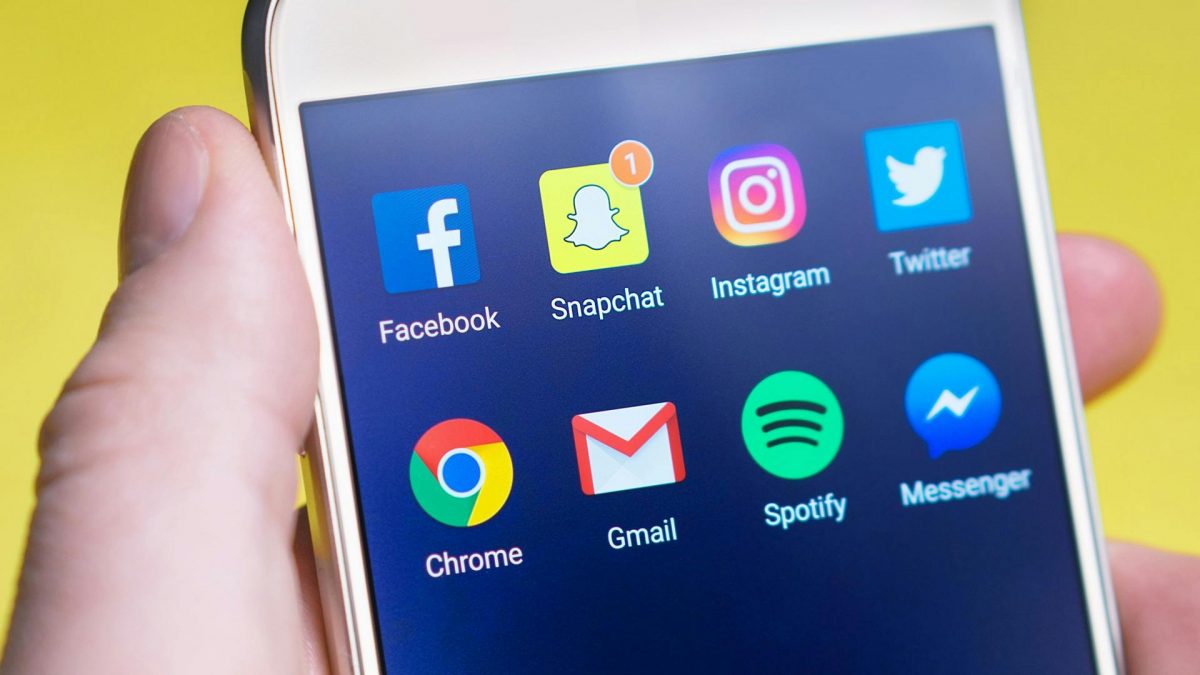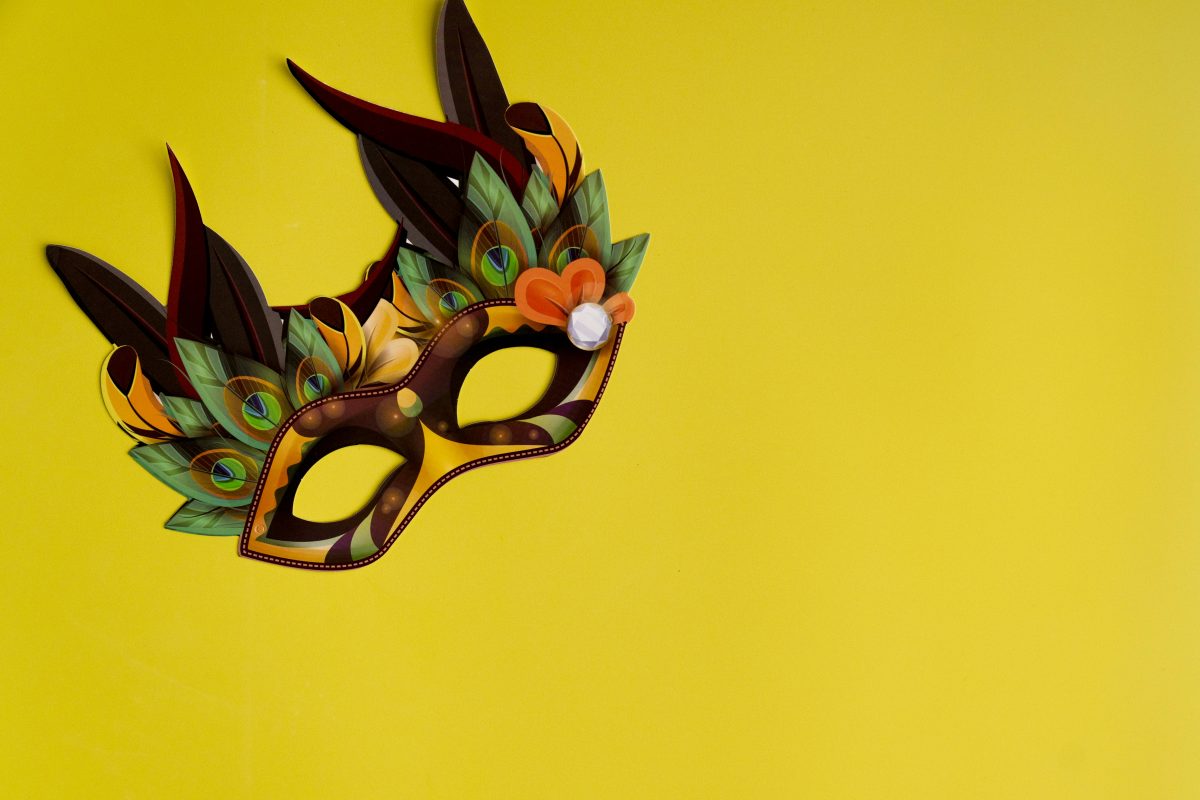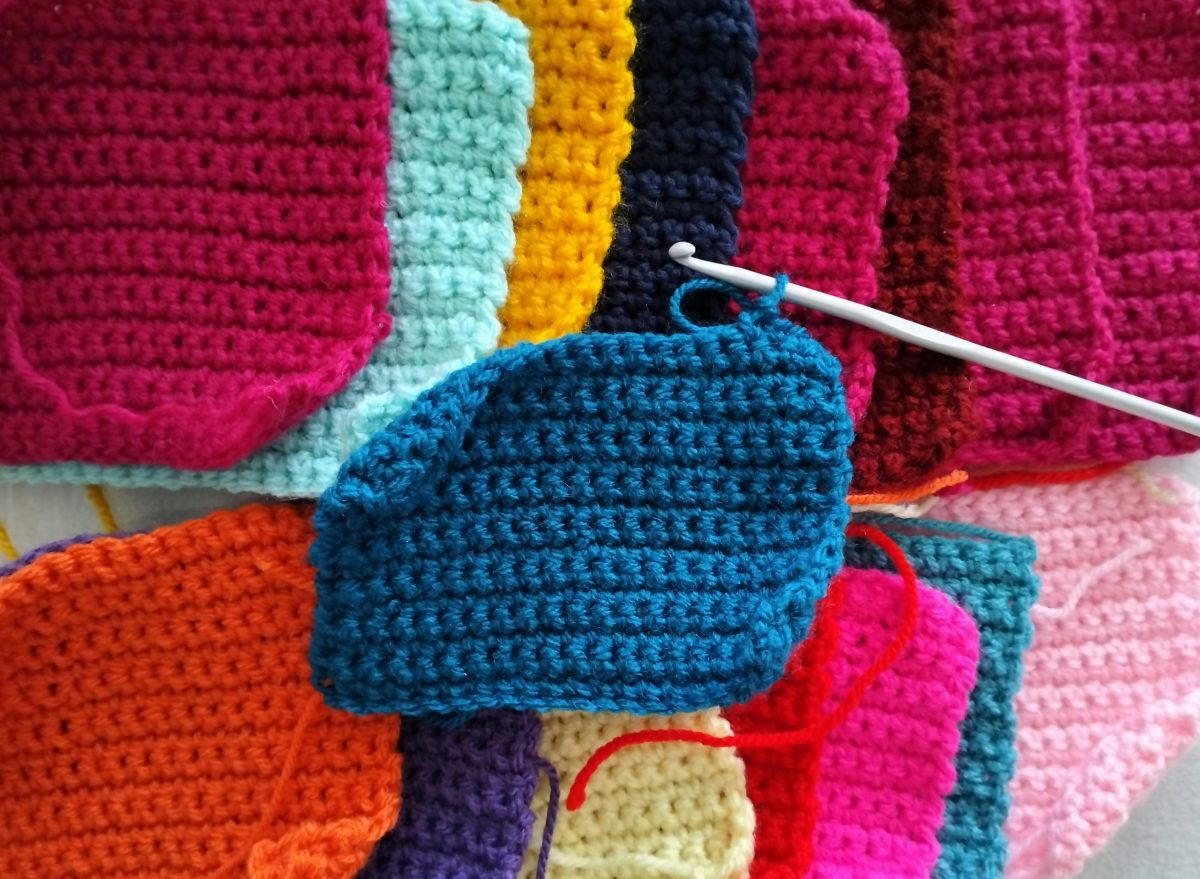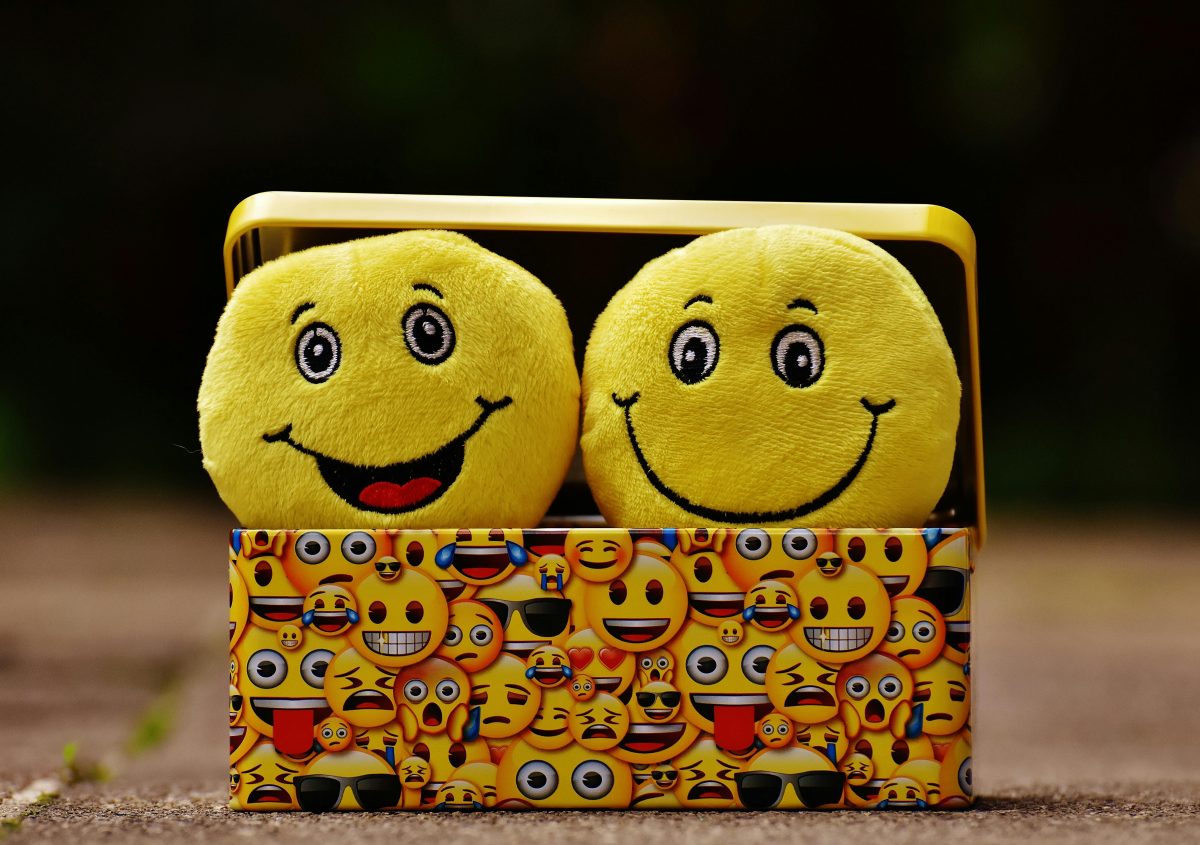
By Yamila García
For a few decades now, the number of people diagnosed with autism has been increasing significantly (see this statement from the Autism Self Advocacy Network for more information). With this increase, social media has been filled with comments claiming that autism is now ‘a trend’ and that ‘everyone has autism.’ You can search for yourself to find examples of this. Every time I see this, I get angry and wonder why people who haven’t done research on the subject feel so free to spread this misinformation. It’s frustrating to see how reality can be given a positive or negative meaning depending on who looks at it.
First, I would like to address the increase in diagnoses. Isn’t it obvious that if science advances in many areas, allowing the detection of new conditions and genetic changes, and the creation of new treatments, it also advances in the quality of neurodivergence diagnoses? It is well known that early diagnostic criteria led to higher diagnosis rates in men, and then, with advances in understanding of autism, professionals were able to identify it in women as well. Probably, and by simple logic, we will also find more people with certain allergies and many other conditions, simply because science and technology now allow it. People very close to me have had recent medical diagnoses as adults, after living their whole lives without knowing it, because medical checks weren’t advanced enough before to detect them.
On the other hand, I also wonder why someone’s diagnosis might bother others? Why does it bother anyone that more people are gaining clarity about who they are and how they function? There is no conspiracy behind it. It is not about anyone trying to sell a medication or treatment, because, in fact, not all people with autism require it. The increase in diagnoses has allowed many of us to better understand ourselves after years of suffering, misunderstanding, and guilt. Speaking publicly about autism and other neurodivergences has helped many people understand what they didn’t before understand about themselves. It has also made there be more understanding although there is still a long way to go.
Today, neurodivergents are a much larger community. Yes, we have more power and strength to advocate for our rights and claim spaces that, for years, weren’t available to us for one reason or another. So, to anyone who is bothered by the increase in diagnoses, I would say: whenever you don’t understand something, tell yourself: “maybe there is something I am missing,” and then seek to learn more.








